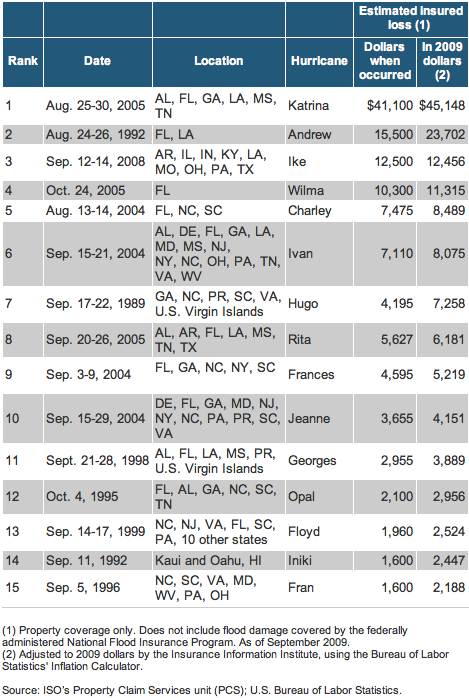European Union financial ministers have agreed today to begin what are sure to be long and potentially onerous negotiations regarding tough new rules proposed for any “alternative investment” vehicles that originate outside of the EU, but are sold to EU customers. What this means in plain English is that because of a widespread perception across the EU (particularly in Germany) that unrestrained actions in the hedge fund and equity markets significantly contributed to the global credit crisis of 2008, the EU now wants to make sure that hedge funds and equity funds play by much stricter rules in the future so they cannot create the kind of systemic risk the world’s financial markets are clearly vulnerable to.
The United Kingdom has opposed his move, mainly because the majority of the alternative investment vehicles targeted by the EU are hedge funds and equity funds originating from the London financial market. Any restriction on how these vehicles are created, bought and sold represents a significant risk to London’s multi-billion pound hedge and equity market.
The agreement to negotiate new rules was seen as a setback for the UK’s new Chancellor of the Exchequer, Gordon Osbourne.
online pharmacy
rotacaps with best prices today in the USA
Osbourne came to his post as part of the national shakeup last week, when the Conservative-Liberal Democrat bloc took power. For Osbourne, this was a battle already too far gone, and he has said as much. It says much of an administration that has the wisdom to know when it’s time to make a stand and when it’s time to die on one’s sword.
online pharmacy
biaxin with best prices today in the USA
One week in against a surging tide of poplar European opinion is probably not the time to die on one’s sword.
online pharmacy
isotroin with best prices today in the USA
Robert Peston, of the BBC, notes in his blog that the new regulations essentially would require UK hedge funds to either be a whole lot more transparent with how and where they raise their money (since many are, in fact, domiciled in the Cayman Islands), or they can domicile in Europe proper, but be subject to a whole lot more regulation. It is the kind of situation that ultimately comes down to more annoyance than real regulation towards the “hedgies” (I love that term), leaving Peston wondering why the EU is even bothering. Good point.
In the meantime, financial institutions in the United States would do well to observe what is happening in Europe with an eye toward the future. Financial regulatory reform (read: using tomorrow’s laws to fix yesterday’s problems) is by no means a done deal Stateside, and the death of real knowledge on the part of the public and the legislature regarding how the modern financial system works is a recipe for some truly unhelpful lawmaking. Financiers, take heed.



